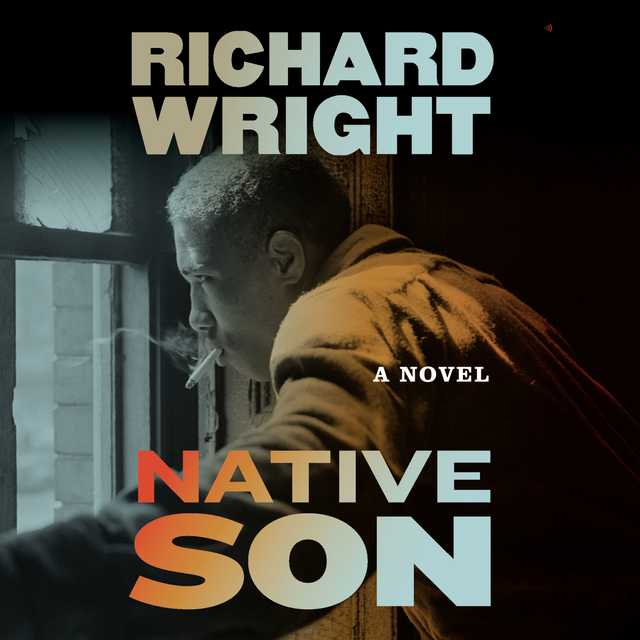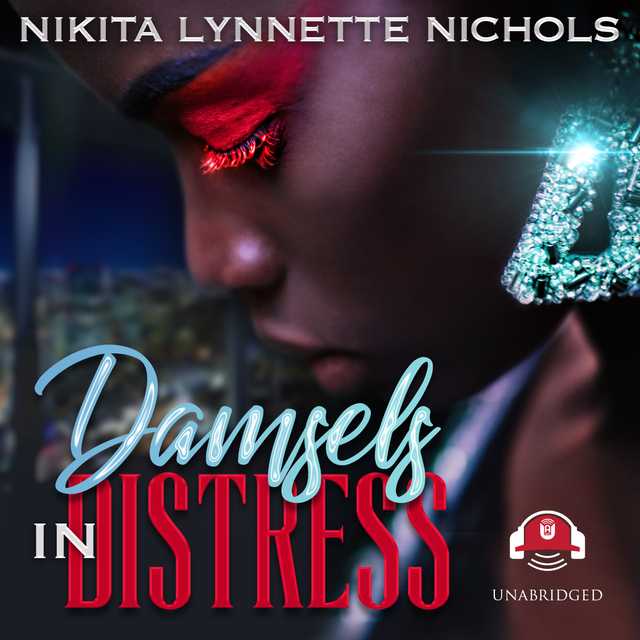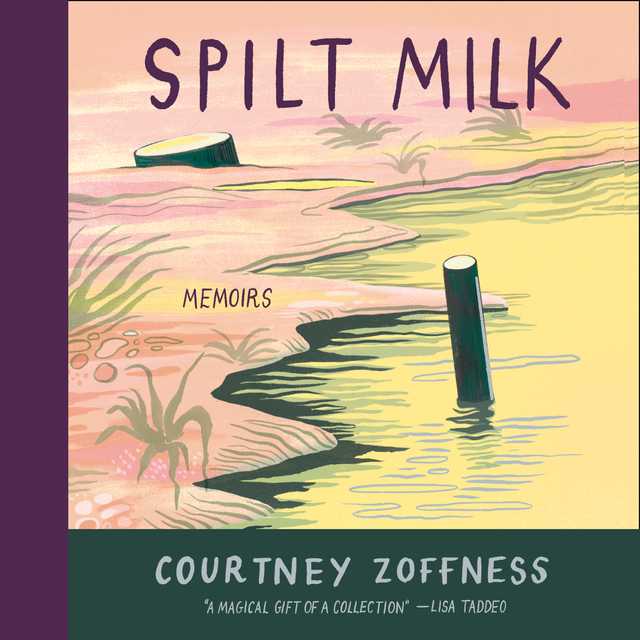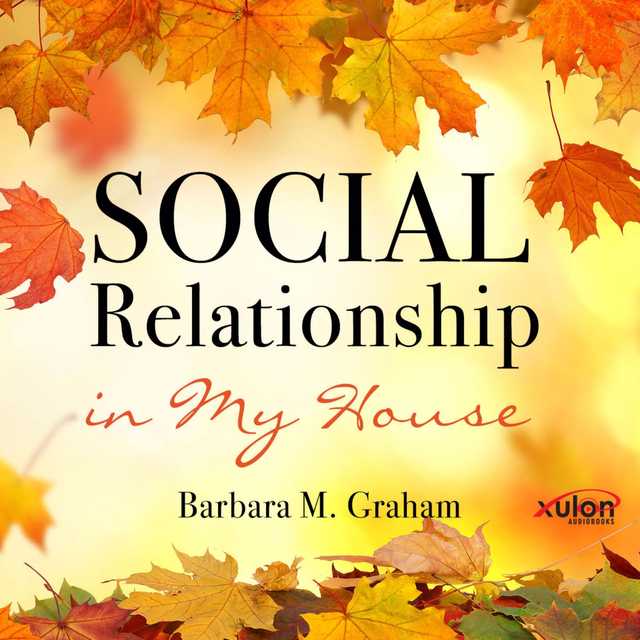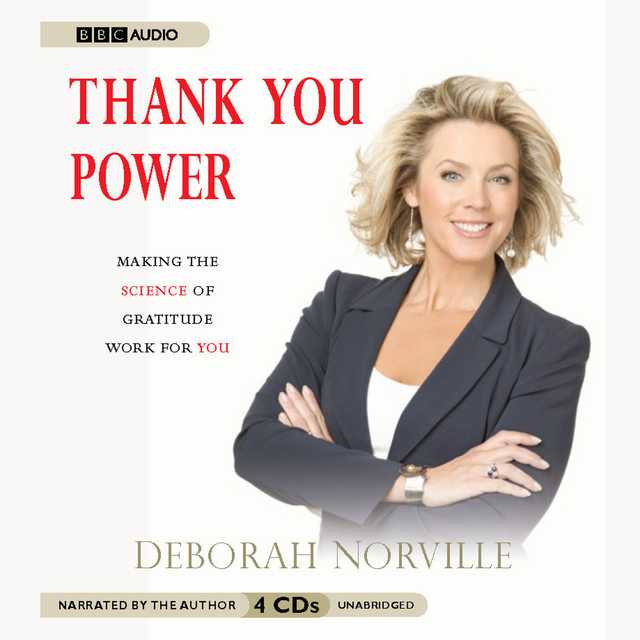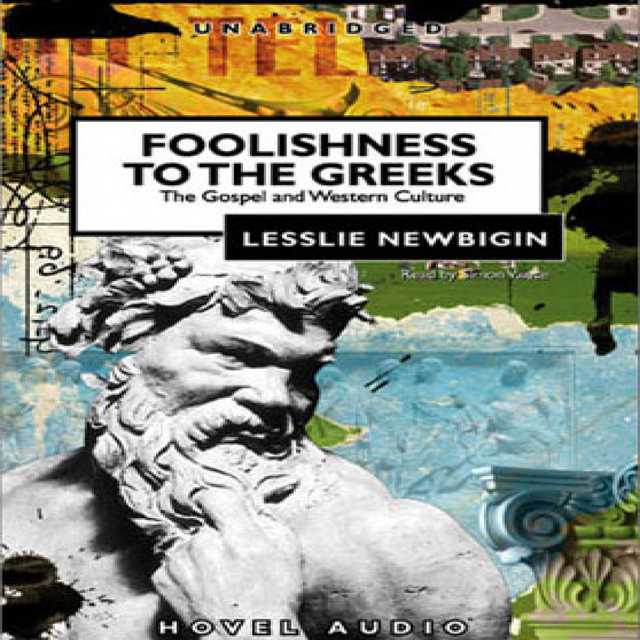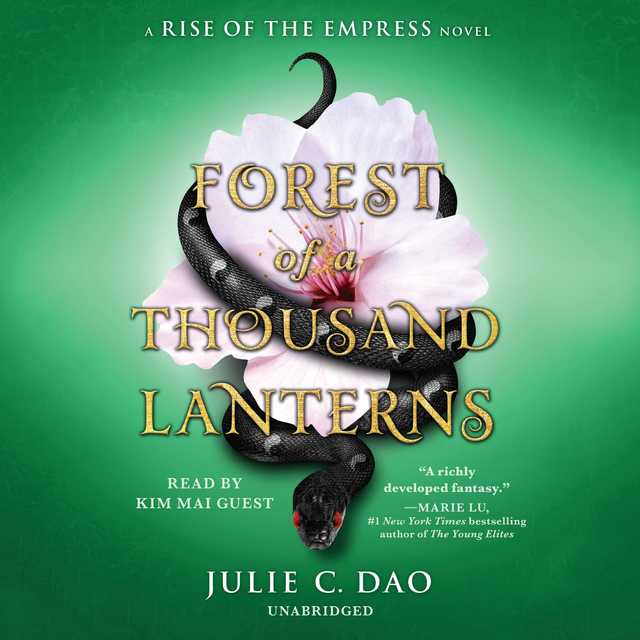Native Son Audiobook Summary
“If one had to identify the single most influential shaping force in modern Black literary history, one would probably have to point to Wright and the publication of Native Son.” – Henry Louis Gates Jr.
Right from the start, Bigger Thomas had been headed for jail. It could have been for assault or petty larceny; by chance, it was for murder and rape. Native Son tells the story of this young black man caught in a downward spiral after he kills a young white woman in a brief moment of panic.
Set in Chicago in the 1930s, Richard Wright’s powerful novel is an unsparing reflection on the poverty and feelings of hopelessness experienced by people in inner cities across the country and of what it means to be black in America.
Other Top Audiobooks
Native Son Audiobook Narrator
Peter Francis James is the narrator of Native Son audiobook that was written by Richard Wright
Peter Francis James has starred in numerous Broadway and off-Broadway productions, as well as on such television programs as Law & Order: Special Victims Unit, New York Undercover and State of Affairs.
About the Author(s) of Native Son
Richard Wright is the author of Native Son
More From the Same
- Author : Richard Wright
- The Outsider
- Black Boy
- Uncle Tom’s Children
- The Man Who Lived Underground
- Publisher : Caedmon
- Dubliners
- Julius Caesar
- The Two Gentlemen of Verona
- The Tempest
- Measure for Measure
Native Son Full Details
| Narrator | Peter Francis James |
| Length | 17 hours 48 minutes |
| Author | Richard Wright |
| Category | |
| Publisher | Caedmon |
| Release date | April 28, 2009 |
| ISBN | 9780060886394 |
Additional info
The publisher of the Native Son is Caedmon. The imprint is Caedmon. It is supplied by Caedmon. The ISBN-13 is 9780060886394.
Global Availability
This book is only available in the United States.
Goodreads Reviews
Ben
December 21, 2021
My older brother Larry, who is extremely well-read, recently came to town for a visit. He had with him a copy of Native Son. I asked what prompted him to re-read it. He explained that he had actually never read it before, which he confessed was really odd, given that the book is an undisputed classic. Well, here is Larry's two-word review of the book:Holy shit.I concur.Those who have studied the Harlem Renaissance know that Richard Wright was a passionate, angry man, the writer about whom other African American writers of his era would say, "Well, I'd never write THAT, but I'm glad someone did." Native Son is a brutally frank look at the racial divide of the America of the 1930s, and the relevance to today is positively painful.There have been many profound and moving stories, both true and fictionalized, of young black men wrongfully accused of crimes. This book dares to tell the story of a young black man who, in a moment of panic, commits a horrible act. That makes the way the man is treated thereafter so incredibly present and real. You can't read this story from a distance. You're in it, you feel it so palpably.I think Native Son is one of the most powerful and important American books ever written.
Emily May
August 27, 2022
How can law contradict the lives of millions of people and hope to be administered successfully? I went on quite the journey with this book. It's not often that I have so many ups and downs with a read-- generally, if I like or dislike a book for the first, say, 25%, that is not likely to change in the remaining 75%. I feel like I could write an essay on everything Native Son took me through.I decided early on that I didn't like it. It made me quite furious, to be honest, and I was listing criticisms in my head and having a little rant to my partner about it. But I think, in hindsight, that I just didn’t understand it. I thought, wrongly, that the point of the story was to sympathise with Bigger and the injustice heaped upon him— a tough task when he is a murderer and a rapist —but that’s not actually the point Wright is making. Native Son is often compared to Ellison's Invisible Man, which is a book with a protagonist who is much easier to sympathise with and I assumed that I was dealing with more of the same. That's not quite true, though. And I personally feel this is a more interesting and complex story (and more readable, in my opinion). It's a tough book because Bigger Thomas is hard to forgive and impossible to like. In Book One, he takes a job working as a chauffeur for a wealthy white family and accidentally kills the daughter. He panics and attempts to cover up the murder, before figuring out a way he could potentially profit from it. In Book Two, he rapes and murders a black woman who is trying to help him. I read these parts aghast, wondering what on earth Wright was thinking writing this in 1940s America. Bigger Thomas is not the wrongly-accused black hero, but the exact black criminal racists feared. As a 21st Century reader, I picked up this book ready to be on Bigger's side, moral indignation flag flying, and I was deeply confused to discover that Bigger was not, in fact, someone I could root for.But it was in the third section of the book when I finally began to understand how clever it was and what I had been missing all along: That Bigger Thomas was never meant to be a sympathetic hero, but a representation of racial injustice and the wrong America was doing black people. There was just the old feeling, the feeling that he had had all his life; he was black and had done wrong; white men were looking at something with which they would soon accuse him. Wright, ultimately, asks "what can you expect?" In Book Three his voice rings through, angry, frustrated, tired, as he delivers, through Mr Max, a searing monologue. How, he asks, could someone who has been shown only hatred and violence and injustice be expected to grow into an upstanding citizen? How can you fail black people again and again, deny them livable housing, education and fair treatment under the law... and expect anything less than a generation of Bigger Thomases? If black people are becoming criminals, then it is because America made them so.The author pulls no punches as the novel draws to a close. Through the use of a communist legal representative, he also explores the intersection of race and class, and speaks about capitalist incentives for keeping black people in their place. He explains Bigger's suspicions about Mary-- a well-meaning white woman who tries to help him --and how he fears her intentions, fears what others will think if they see them together.I felt emotionally exhausted at the end, but in a good way I suppose. Native Son had made me feel angry, sad, frustrated and even confused at times, but I was always feeling something. It is these kinds of books that stay with me.
Matthew
December 10, 2018
This book is extremely powerful. I saw another review saying that they could not believe this was written and released in 1940. I agree - as I can only imagine how controversial the content would have been at that time. And, even today it touches so closely on some of the topics you see in the news everyday, it's like Wright could see into the future.The main themes in the story involve perceptions and misconceptions of black people as well as how Communism was viewed in the decade leading up to McCarthyism and the Red Scare. In this story there are many points of view and lots of evidence given dealing with tense situations that have no really great answers. I thought Wright did a good job giving a thought provoking narrative without obviously saying "here is the answer!" The story acknowledges that the whole situation is difficult and will not be easily remedied after years of habitual behavior on all sides of the issue. I will be amazed if you can read this and not be left with your mind churning. Also, I have to say that this was one of the most intense, nail-biting, breath holding books I have ever read. Every page I was gripped waiting for the next development, a resolution, anything. Amazing, gripping writing - such an engaging book! The subject matter may be difficult at times but it deals with topics that are, by there very nature, intense and cannot (and should not) be sugar coatedFinally, I could not help but make comparisons between this book and To Kill A Mockingbird. My reasons might be a bit spoilerish, but if you have read it I hope you know what I am getting at and I will be interested to see if you feel the same.In summary, Native Son is a powerful and difficult book dealing directly and bravely with social issues from the 1940s that are still relevant today. Considering the nature of the book, it may not be for everyone, but I think that everyone can benefit from the message.
Ahmad
March 22, 2022
Native Son, Richard WrightNative Son (1940) is a novel written by the American author Richard Wright. It tells the story of 20-year-old Bigger Thomas, an African American youth living in utter poverty in a poor area on Chicago's South Side in the 1930's. He finds work as a chauffeur for the Dalton family. In a patriarchal way, she shows herself to be friendly to blacks. The escalation comes from Mary, the exalted, egalitarian daughter of the house. She asks Bigger Thomas to accompany her and her boyfriend when they go out, after which he has to bring the drunken Mary to her room. When her blind mother, awakened by noises, comes into her room to check on her, Bigger Thomas is seized with fear. Fearing that this situation will be misunderstood, he tries - shaped by a life that has always consisted of fear and violence - to silence Mary and accidentally suffocates her in the process. When his girlfriend Bessie tries to convince him to surrender, he also kills her. ...Book One: FearBook Two: FlightBook Three: Fateتاریخ نخستین خوانش: روز هفدهم ماه می سال2004میلادیعنوان: خانه زاد (پسر بومی)؛ نویسنده: ریچارد رایت؛ مترجم: سعید باستانی؛ مشحصات نشر: تهران، نشر نقره، سال1366، در516ص؛ چاپ دیگر آبادان، پرستش، سال1382؛ شابک9646629687؛ چاپ دیگر آبادان، پرستش، سال1384، در497ص؛ چاپ دیگر تهران، هاشمی، سال1397؛ در488ص؛ شابک9789647199391؛ موضوع: داستانهای نویسندگان ایالات متحده آمریکا - سده20مرمان رئالیستی معترض «خانه زاد» یا همان «پسر بومی»، نخستین بار در سال1940میلادی منتشر شد، و چنان غوغایی در انجمنهای ادبی - اجتماعی «آمریکا»، بر پا کرد، که «ریچارد رایت»، به یکی از خبرسازترین نویسندگان آن سالها، بدل شدند، و «بیگر تاماس (شخصیت اصلی رمان)» را نیز، به یک تیپ کلاسیک، در ادبیات «آمریکا»، یا ادبیاتی که از آن به عنوان «ادبیات اعتراض»، نام میبرند، تبدیل کرد؛ رمانی که در آن توانائی «رئالیسم» اینبار، با واژه های «ریچارد رایت» نقاشی میشود؛ داستان رمان، به سالهای پایانی دهه ی1930میلادی در «آمریکا»، به شهر «شیکاگو» باز میگردد، و حال و هوایی که در آن، سیاهپوستان، زندگی بسیار دشوار، و غم انگیزی دارند؛ داستان، از روزگار جوان سیاهپوستی آغاز میشود، که در کنار مادر، خواهر، و برادر کوچکترش، در خانه ای تنگ و پوسیده، زندگی میکنند؛ پسر سیاهپوست، دلِ خوشی، از سفیدپوستان ندارد، و در حال و هوایی است، که همگی آن را درمییابیم، از سوی بنگاه کاریابی، برای او کاری، در خانه ی یک میلیونر سفیدپوست، پیدا میشود؛ «بیگر» به عنوان راننده، برگزیده میشود، و میفهمد، که دختر همان میلیونر (که هر سال به انجمنهای سیاهان هم کمکهایی میکند)، به حزب «کمونیست آمریکا»، گرایش دارد، و از آغاز کوشش میکند، راننده را، با آموزه های حزب خویش آشنا کند؛ سیاهپوست جوان تنها میشنود، و پاسخ نمیدهد، تا اینکه به طور اتفاقی، دختر را به قتل میرساند...، از این قسمت تا پایان رمان، ماجراها و رخدادهای فراوانی روی میدهند، و کلیتی ساخته میشود، که در آن میتوان برآیند جامعه ای بزک شده را، در برابر یک موضوع نژادی، درک کرد؛ «ریچارد رایت»، در این رمان، با استفاده از زبانی جاندار، و با دیالوگهای ساده و تکان دهنده، نوعی از «خشونت رئالیستی» را، برای خوانشگران خود با واژه های خویش به تصویر میکشندتاریخ بهنگام رسانی 11/04/1400هجری خورشیدی؛ 02/01/1401هجری خورشیدی؛ ا. شربیانی
Fabian
September 27, 2020
(SPOILERS!) Reading the first 2 parts of "Native Son," Richard Wright's landmark novel is an absolute thrill. One part Tom Ripley, one part Graham Greene's "Brighton Rock," the antihero always reigns triumphant. But this antihero lacks panache, intelligence, even, perhaps, a conscience... all the character traits of a true villain. So he's somewhere in between. The crimes committed by the much-studied, much-written-about Bigger Thomas are heinous. The character study is super taut and intense. "Fear" & "Flight" (parts 1 & 2) are absolutely perfect.Then the bloody politics come in. The tide & tone turns radically and inexplicably. The Third and longest part of "Native Son," aptly called "Fate" seems like a purgatory teeming with bo-oh-ring soliloquies and lawyer sways. The courtroom drama I do not particularly like (think: the 600+ pages of "Bonfire of the Vanities"!), and that is why "Native Son" loses some points on its journey to reach almost-perfection. But the failure seems too great, after all's said and done. The social commentary becomes real and the magic of parts I and II disappears as everything becomes too obvious. Everything that came before, which is interesting to dissect & discuss, is pretty much eradicated by the sentimentalism that pops up at the end in this otherwise raw and unsentimental novel.
Richard
May 19, 2015
A challenging read. The easy route for the author Richard Wright would've been to write a novel asking us to sympathize with a black man wrongfully accused of murder in a racist community. But he does not take the easy route. Instead he implores the reader to follow Bigger Thomas, a young black man who is absolutely guilty of committing a deplorable act (for reasons which he himself cannot fully explain), and forces us to look at the circumstances which might have possibly created this complex man. Although the book isn't perfect and every now and then (especially in the last 30 pages) delves into bloated preachiness, it still is very engaging and surprisingly suspenseful. It forces you to consider how society in the 1930's created a man, for whom fear and hate were the only emotions he's ever felt, and how those emotions can lead him to murder. It challenges you to understand that although the murder is essentially accidental, Bigger knows he has done something wrong but is initially unrepentant. Because after lashing out in a situation he doesn't understand, it is the first time he feels alive, with a purpose and with the control of his own life in his hands. A challenging and important book that pulls aside the curtain and looks dead on at the circumstances that create Bigger Thomas and at the social, class, and racial relations in our society. “Violence is a personal necessity for the oppressed...It is not a strategy consciously devised. It is the deep, instinctive expression of a human being denied individuality.”
Brian
February 20, 2015
Maybe it's the inevitable melancholy of getting older, but reading this novel for the second time, roughly 13 years after the first go, has made me tremendously sad and despairing.I would like to think the country is so much different 70 years after its publication, but is it?
Ryan
October 20, 2009
Richard Wright's Native Son is without a shadow of a doubt one of the most powerful books that I have read, ever. This nightmarish story packs such an overwhelming amount of emotion and controversy that it is hard to pull away from much like the sight of a gruesome car crash on an interstate, you don't want to look but you must look. If you're looking for a competent, confident example of verisimilitude in literature then you need not look further. Upon reading this piece, I wondered the entire time, "How had I not been exposed to this book or Richard Wright?" And, it still escapes me how this masterpiece is not at the forefront (if not, the very front) of not only American Literature but more specifically African-American Literature. I've yet to read a piece that surpasses the violent honesty of this book; and, perhaps, that is why it is not as much a part of the American-Literature Subconscious Canon. Wright's work isn't as tame as the weary Hughes and he manages to surpass the shocking tact of James Baldwin.Bigger Thomas is a murderous and rapacious young man who through his horrendous acts of rape, theft, and violence somehow manages to elicit an amount of sympathy. Wright is able to portray him in such a light that makes the reader understand fully that Bigger is committing unconscionable crimes yet no matter how atrocious the crimes are not unforgivable.There were times I felt guilty for rooting for Bigger Thomas, but that is the mastery in Wright's writing! Bigger is such an uncanny character that it is next to impossible to not feel sympathy for him. "Why?" I kept asking myself. "Why do I not want this man's head on a plate?"It's as if Bigger is in a nightmare but is unable to wake up. If you've ever been in a situation so bad, so unbearable that you actually wished it to be a terrible dream then you will understand Bigger. You'll beg for him to stop committing these crimes instead of demanding him to be caught and killed.The mob mentality in this book is frightening and dark, darker than Bigger Thomas himself. To think that some of Bigger's case was based on an actual trial of a man named Robert Nixon is almost unbelievable. The hate is so gigantic within the mob.As a reader, you really get to see how minorities (blacks), laborers (unions), and people with differing social opinions (socialist & communists) have been and, sometimes, still are persecuted by mass mentality... The tragedy is that the mass mentality is controlled by an elite few. This book offers a dramatic understanding of how those in power maintain a steady hand on their subordinates and pit each subordinate against one another so they do not focus on the real monsters, the employers! It bears witness to the class-struggle of the times and the class-struggles that are still occurring today.Bless this book. It's a good one.
Paul
January 01, 2023
“Why they make us live in one corner of the city? Why don’t they let us fly planes and run ships …” Bigger Thomas was not a nice man by any standards. Any reader, man or woman, regardless of their skin colour – black, white, red, yellow – would encounter significant difficulty thinking of Thomas in more charitable terms than the description penned by the “editor of the Jackson Daily Star, regarding Bigger Thomas’ boyhood there.” He wrote, ”Thomas comes of a poor [ ] family of a shiftless and immoral variety. He was raised here and is known to local residents as an irreformable sneak thief and liar. We were unable to send him to the chain gang because of his extreme youth.” A childhood criminal, in other words, who followed his destiny to a court trial facing charges as a sociopathic and unrepentant adult multiple murderer and rapist.No reader will shed a tear over Bigger Thomas. How could they? No reader will have a moment’s sympathy for Mr Thomas. Nor will any reader empathize in any way with his plight. But, make no mistake. This is entirely as Richard Wright wanted it to be. When NATIVE SON readers turn the final page, it was always Richard Wright’s hope that any disgust, any dismay, any heartbreak, any sorrow, any embarrassment, any shock, any anger, any emotion at all that a reader might experience, would arise out of his portrayal and scathing indictment of 1930s white American culture. It was not intended to generate pious pity for the black people who were forced to endure that culture. Indeed, the wealth of the white Dalton family and their use of it in ostensibly helping the local black population in Chicago, which THEY saw as pitiable, was demonstrated to be nothing more than ostentatious, sanctimonious and self-serving. The metaphorical equivalent, if you will, of donating a few scraps of fish from time to time for a meager meal, while refusing to allow a black man the right to fish, denying him the ability to learn to fish, refusing to give him the right to own the equipment necessary to go fishing for himself, and forbidding him any access to the water in which the fish lived.Wright’s portrayal of the nature, the depth, and the completeness of the racism systemic to white American Jim Crow culture in the early 20th century will assuredly take any reader’s breath away. But that hatred was not the only target at which he aimed his talent.The anti-Semitism that some might have considered to be endemic in North American white Christian culture at the time demonstrated that Hitler’s WW II final solution and attempted genocide in the Holocaust did not happen in a global vacuum.Fear of Stalin’s Russia and his brand of Communism led to the labeling of any variation of left-wing social thinking in America as Communism. Even those progressive thinkers who advocated for such things as minimum wages, de-segregation, or fair housing bought into the belief that they were espousing Communism. They willingly (and fearfully, I dare say) proclaimed themselves to be members of a North American version of the Communist Party. The continuing propensity of the hard-core right-wing in the USA to label the likes of AOC, Ilhan Omar, Bernie Sanders or Elizabeth Warren as misguided, anti-American Commies did not happen overnight!NATIVE SON is not an entertaining novel for even a single paragraph. NATIVE SON is a bleak and discouraging novel to read from start to finish. But it is instructive and informative, evocative and thought-provoking. The closing address to the jury by Jewish Lawyer, Boris Max, in which he pleads for mercy for his client and advocates for life imprisonment over execution is positively riveting. Whether it will be persuasive for any dedicated members of the modern right community who persist in their belief that blacks are a sub-standard variation of humankind is an open question.Paul Weiss
Most Popular Audiobooks
Frequently asked questions
Listening to audiobooks not only easy, it is also very convenient. You can listen to audiobooks on almost every device. From your laptop to your smart phone or even a smart speaker like Apple HomePod or even Alexa. Here’s how you can get started listening to audiobooks.
- 1. Download your favorite audiobook app such as Speechify.
- 2. Sign up for an account.
- 3. Browse the library for the best audiobooks and select the first one for free
- 4. Download the audiobook file to your device
- 5. Open the Speechify audiobook app and select the audiobook you want to listen to.
- 6. Adjust the playback speed and other settings to your preference.
- 7. Press play and enjoy!
While you can listen to the bestsellers on almost any device, and preferences may vary, generally smart phones are offer the most convenience factor. You could be working out, grocery shopping, or even watching your dog in the dog park on a Saturday morning.
However, most audiobook apps work across multiple devices so you can pick up that riveting new Stephen King book you started at the dog park, back on your laptop when you get back home.
Speechify is one of the best apps for audiobooks. The pricing structure is the most competitive in the market and the app is easy to use. It features the best sellers and award winning authors. Listen to your favorite books or discover new ones and listen to real voice actors read to you. Getting started is easy, the first book is free.
Research showcasing the brain health benefits of reading on a regular basis is wide-ranging and undeniable. However, research comparing the benefits of reading vs listening is much more sparse. According to professor of psychology and author Dr. Kristen Willeumier, though, there is good reason to believe that the reading experience provided by audiobooks offers many of the same brain benefits as reading a physical book.
Audiobooks are recordings of books that are read aloud by a professional voice actor. The recordings are typically available for purchase and download in digital formats such as MP3, WMA, or AAC. They can also be streamed from online services like Speechify, Audible, AppleBooks, or Spotify.
You simply download the app onto your smart phone, create your account, and in Speechify, you can choose your first book, from our vast library of best-sellers and classics, to read for free.
Audiobooks, like real books can add up over time. Here’s where you can listen to audiobooks for free. Speechify let’s you read your first best seller for free. Apart from that, we have a vast selection of free audiobooks that you can enjoy. Get the same rich experience no matter if the book was free or not.
It depends. Yes, there are free audiobooks and paid audiobooks. Speechify offers a blend of both!
It varies. The easiest way depends on a few things. The app and service you use, which device, and platform. Speechify is the easiest way to listen to audiobooks. Downloading the app is quick. It is not a large app and does not eat up space on your iPhone or Android device.
Listening to audiobooks on your smart phone, with Speechify, is the easiest way to listen to audiobooks.

